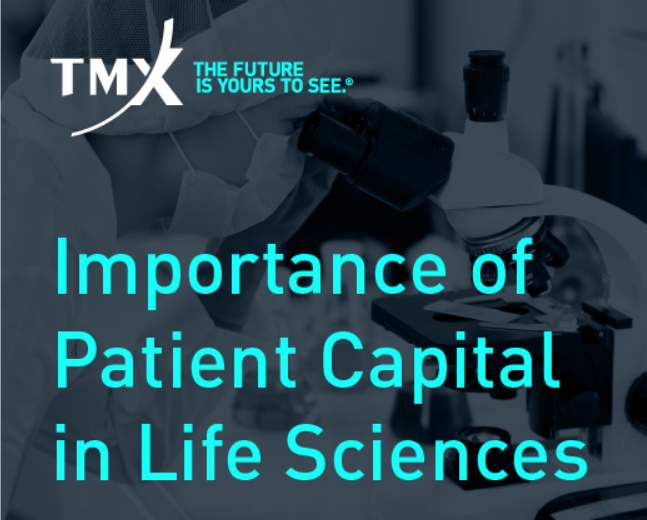We have spent the last few years debating on the changes brought forward by EMRs and the shift towards health IT. With the Center for Disease Control (CDC) reporting adoption numbers in excess of 55%, it is clear that the tides are shifting and the objective of transferring every American onto electronic medical records may not be that far. Keith Smith, a health IT consultant, attributes this growth to the social circles within the medical community. “It’s the residual or domino effect. The reason we have seen this much growth is because the trepidation amongst providers is finally wearing off. They have realized that EMRs are here to stay and that they must adopt accordingly or choose to become dinosaurs.”
Physicians have moved past the structural change and process redesign. According to the report by CDC, half of the physicians that had not yet adopted electronic medical records were planning to do so within the year. While productivity losses are still common within the first year of implementation, providers are quickly learning to work around most of the initial problems such as patient-provider interaction. “Physicians have learnt to incorporate best practices while using EMRs; how to manage alerts, communicate with patients or interact while documenting.”, explains one office manager.
Most providers today are more concerned with interoperability and health information security. EMRs have infiltrated the healthcare industry and most medical professionals recognize them as the platform for recording medical information. But, EMRs are not just repositories for medical information. With coordinated care on the horizon, medical practices will be accountable for more than patient treatments. The idea is to build Accountable Care responsible of the health of the community and not just the patients who walk in.
This is clearly reflected by the government’s plan of creating a Nationwide Health Information Network (NWHIN) and the development of HIEs across the nation. EMRs must be able to derive use of ‘big data’ and enable practices to become much more than what they already are. Providers resonate with this change as it increases their span of influence, and it has become pretty evident that electronic medical records are the pillars for change.
Read more: U.S. government shutdown and how it is affecting healthcare















